Jo Reed: You said music is most important when you're not hearing it.
Michael Tilson Thomas: Yes, I believe that for that exact reason. What do you take away from the performance? Do you take away a melody, or a harmony, or a rhythm, or a kind of mood, or certain kind of energy, but something that is either confirming something that you already believe, or deepening that understanding, or perhaps giving you a completely new understanding of the way someone thinks about life, someone feels about life.
So classical music is unique in the world in that it is a continuous tradition about now 1200 years old. So from the first time music began to be written down, Gregorian Chant, you know, in the 800s, right through to now, it's one progression of ideas of the way people have thought about their lives, about their feelings and the process they've gone through which, believe me, it was a really difficult process to take all of those thoughts and write them down in what's essentially code books, that's what music scores really are, in ways that by hearing those exact melodies we can more directly experience the kind of inner life that these people had, much more so than we can through reading their words, which require complex shadings of translation or historical perspective. Through this music we can really have a sense of, "How do these experiences of love of mournfulness, of humor, of the drive for conquest or whatever the different themes that run through civilization, how did these give themselves voice in these people of long ago?" and from this, I think, we learn a lot about ourselves.

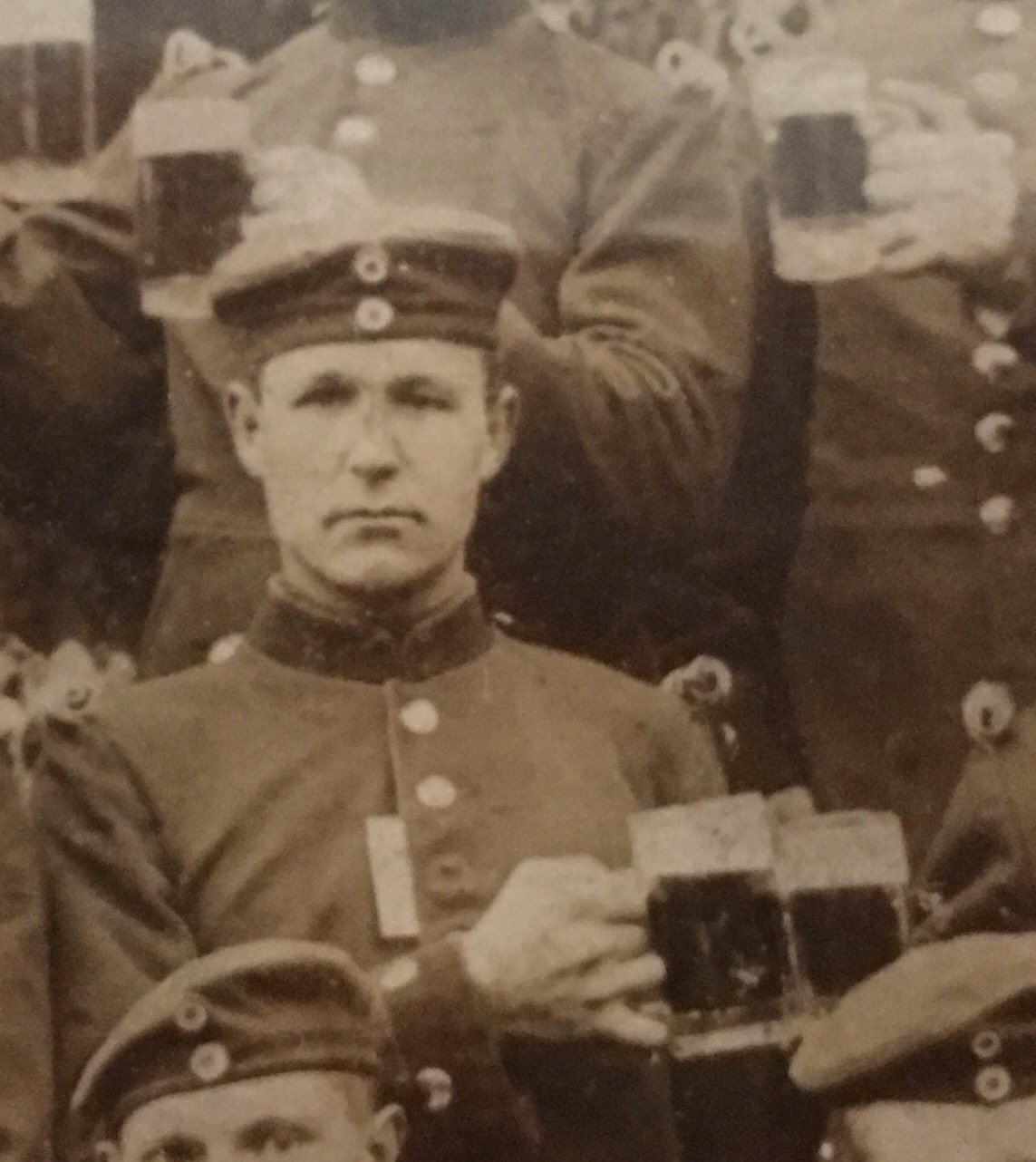

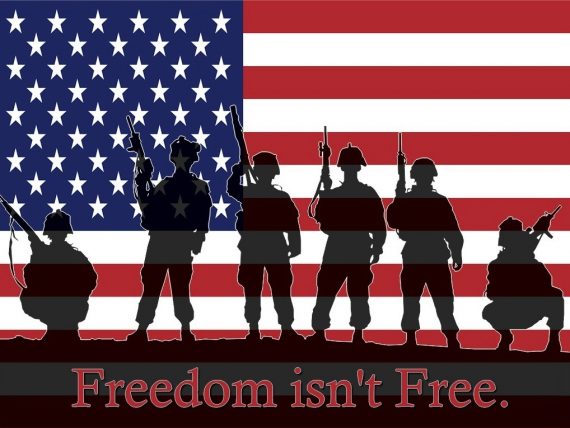





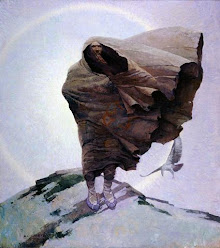













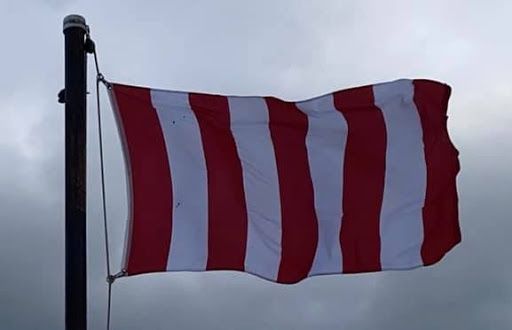
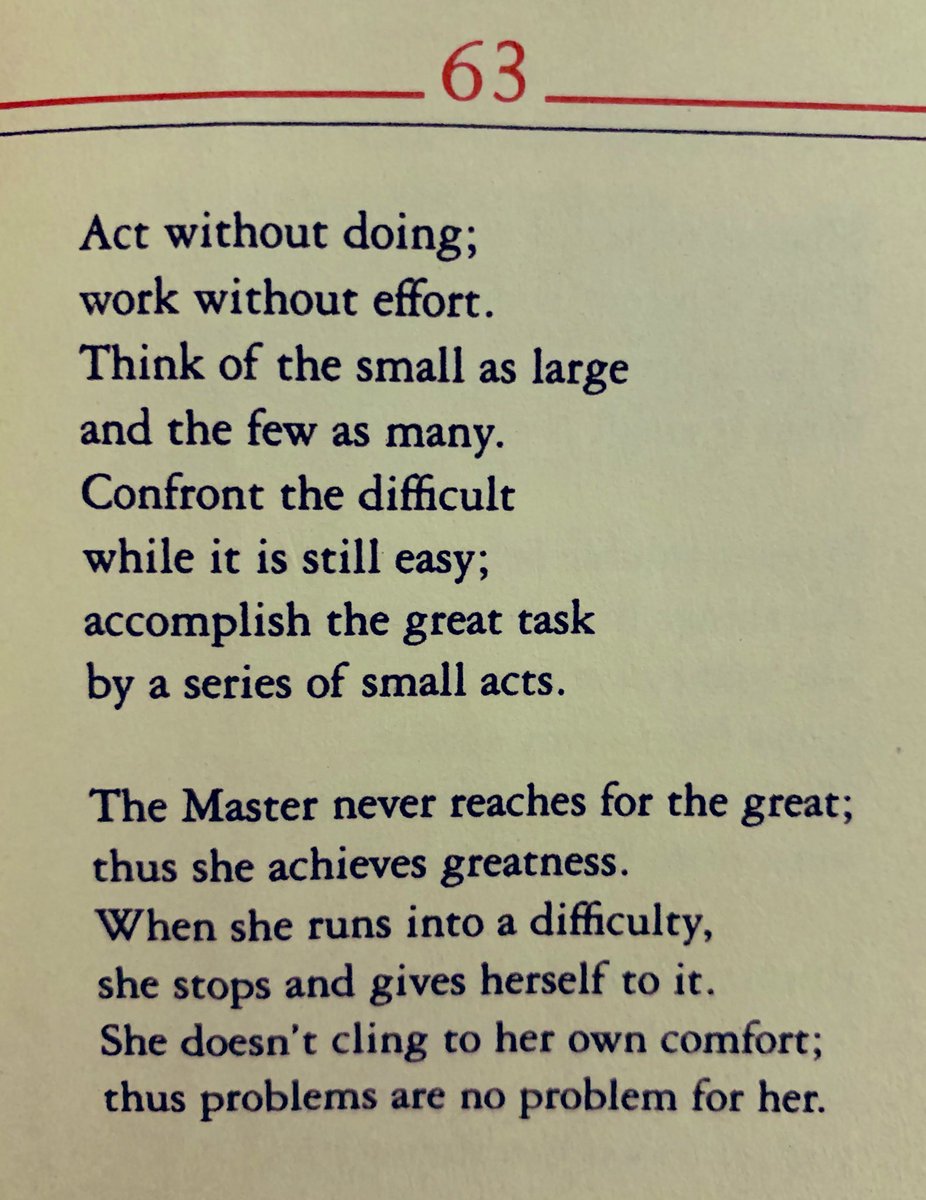









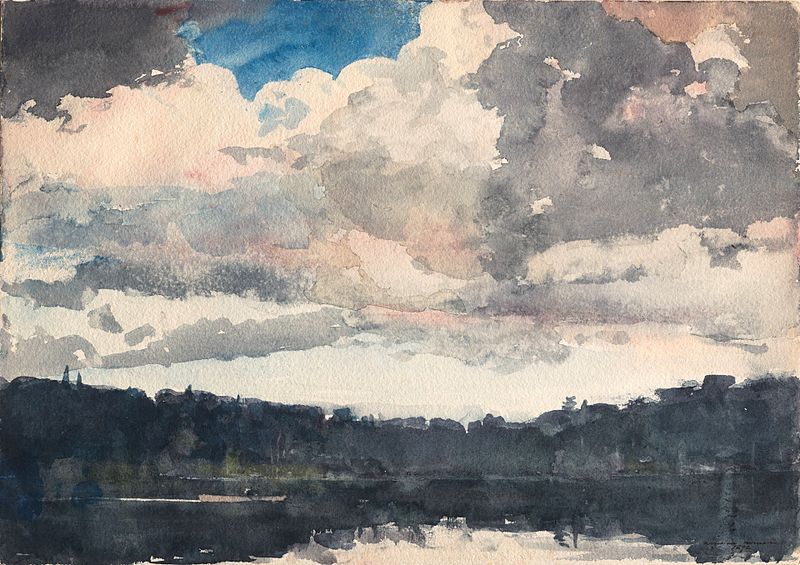





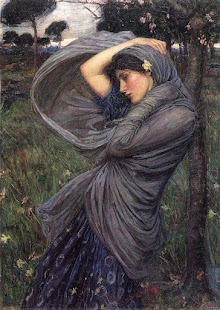












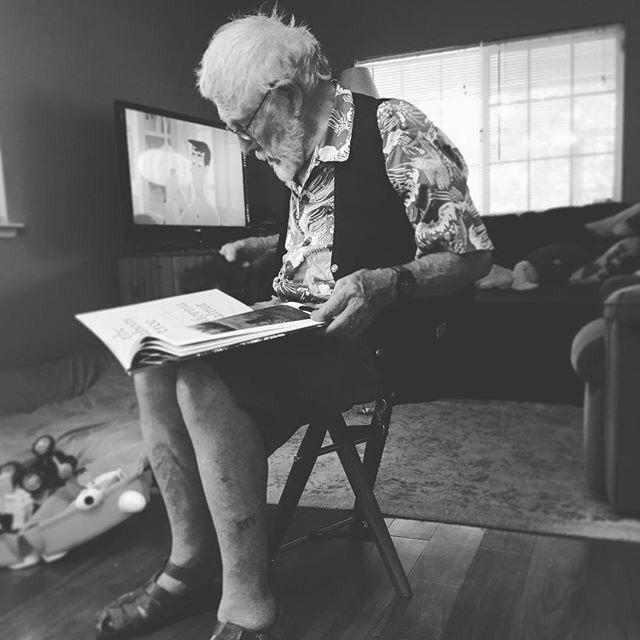

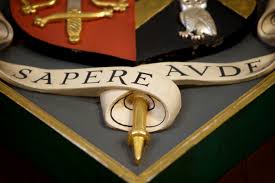


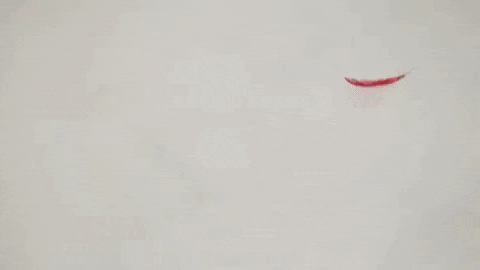



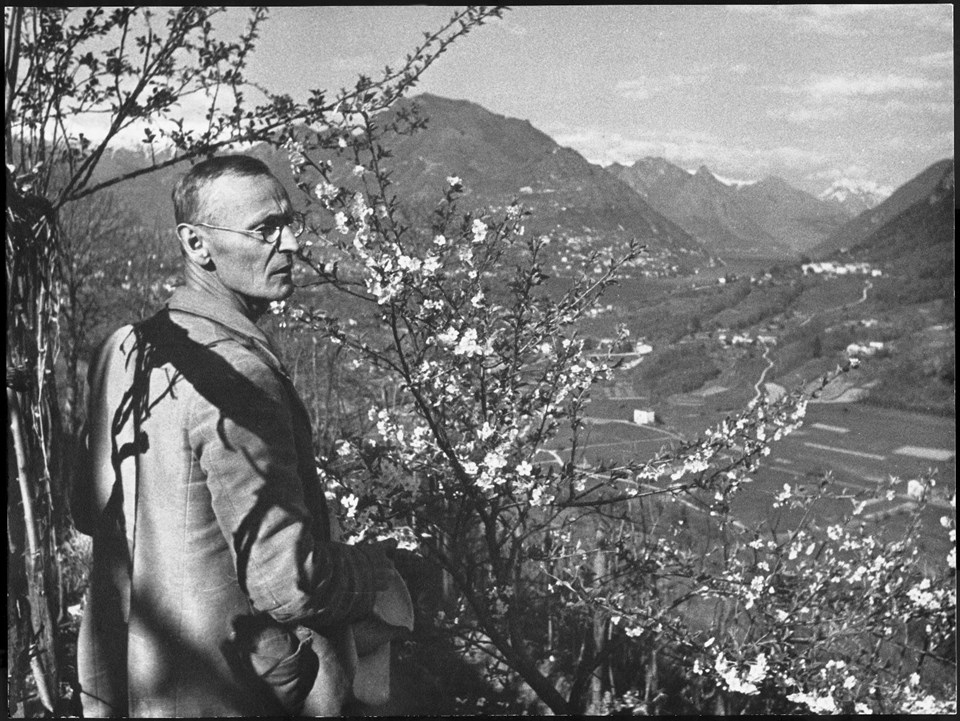


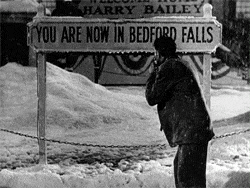







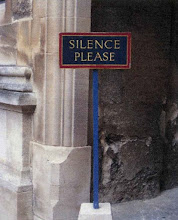









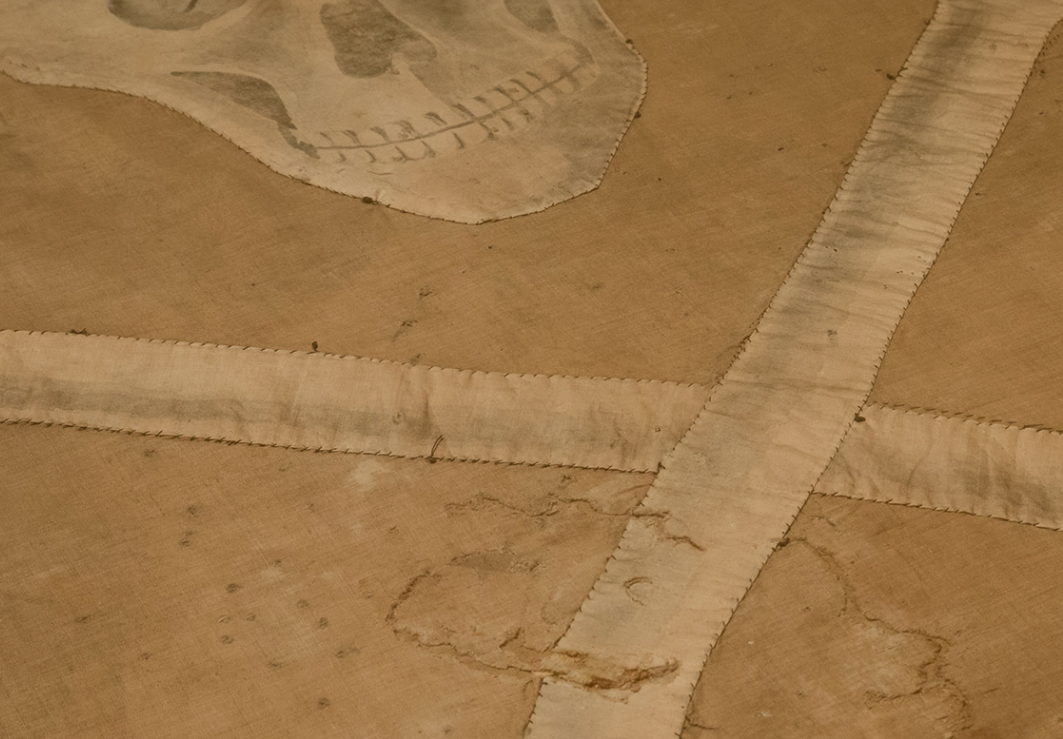

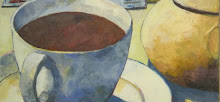
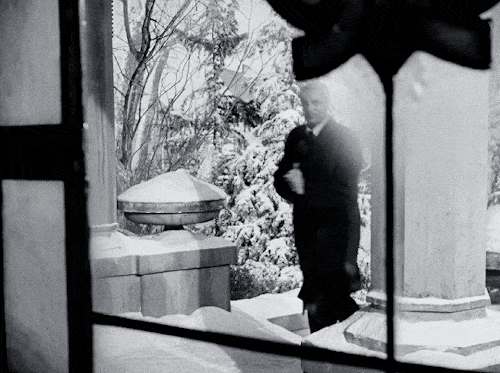
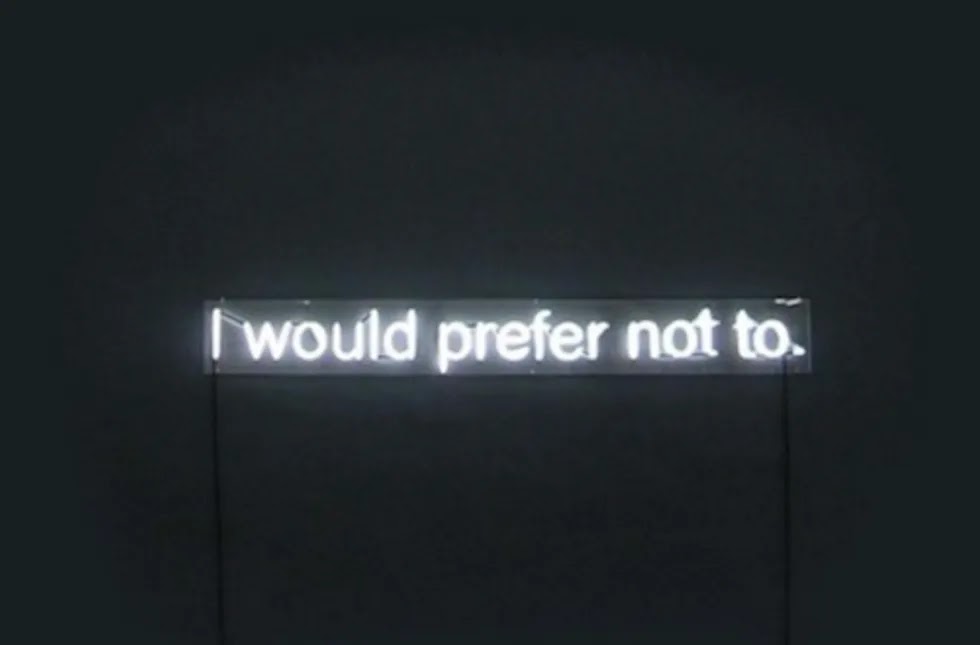

















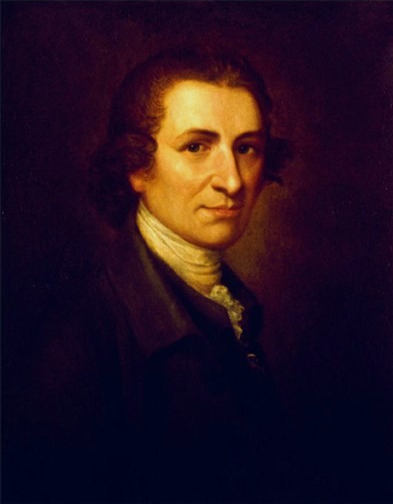


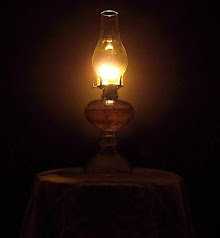







No comments:
Post a Comment